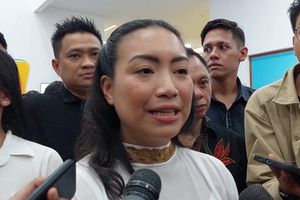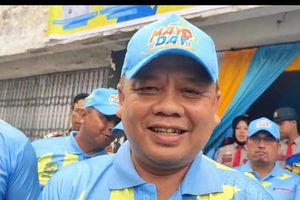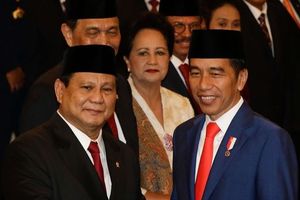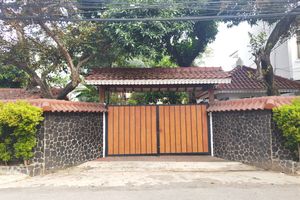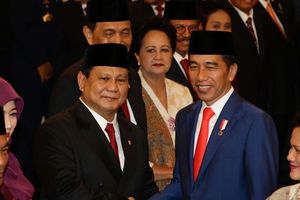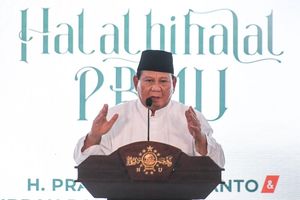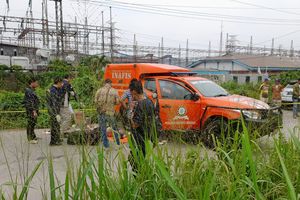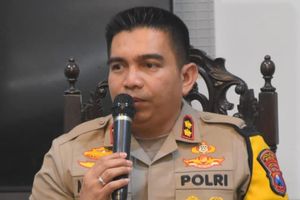Phone Call by Kuwaiti Courier Led to bin Laden
WASHINGTON, KOMPAS.com — When one of Osama bin Laden's most trusted aides picked up the phone last year, he unknowingly led U.S. pursuers to the doorstep of his boss, the world's most wanted terrorist.
That phone call, recounted Sunday by a U.S. official, ended a years-long search for bin Laden's personal courier, the key break in a worldwide manhunt. The courier, in turn, led U.S. intelligence to a walled compound in northeast Pakistan, where a team of Navy SEALs shot bin Laden to death.
The violent final minutes were the culmination of years of intelligence work. Inside the CIA team hunting bin Laden, it always was clear that bin Laden's vulnerability was his couriers. He was too smart to let al-Qaida foot soldiers, or even his senior commanders, know his hideout. But if he wanted to get his messages out, somebody had to carry them, someone bin Laden trusted with his life.
Shortly after the Sept. 11, 2001, terrorist attacks, detainees in the CIA's secret prison network told interrogators about an important courier with the nom de guerre Abu Ahmed al-Kuwaiti who was close to bin Laden. After the CIA captured al-Qaida's No. 3 leader, Khalid Sheikh Mohammed, he confirmed knowing al-Kuwaiti but denied he had anything to do with al-Qaida.
Then in 2004, top al-Qaida operative Hassan Ghul was captured in Iraq. Ghul told the CIA that al-Kuwaiti was a courier, someone crucial to the terrorist organization. In particular, Ghul said, the courier was close to Faraj al-Libi, who replaced Mohammed as al-Qaida's operational commander. It was a key break in the hunt for bin Laden's personal courier.
"Hassan Ghul was the linchpin," a U.S. official said.
Finally, in May 2005, al-Libi was captured. Under CIA interrogation, al-Libi admitted that when he was promoted to succeed Mohammed, he received the word through a courier. But he made up a name for the courier and denied knowing al-Kuwaiti, a denial that was so adamant and unbelievable that the CIA took it as confirmation that he and Mohammed were protecting the courier. It only reinforced the idea that al-Kuwaiti was very important to al-Qaida.
If they could find the man known as al-Kuwaiti, they'd find bin Laden. The revelation that intelligence gleaned from the CIA's so-called black sites helped kill bin Laden was seen as vindication for many intelligence officials who have been repeatedly investigated and criticized for their involvement in a program that involved the harshest interrogation methods in U.S. history.
"We got beat up for it, but those efforts led to this great day," said Marty Martin, a retired CIA officer who for years led the hunt for bin Laden.
Mohammed did not discuss al-Kuwaiti while being subjected to the simulated drowning technique known as waterboarding, former officials said. He acknowledged knowing him many months later under standard interrogation, they said, leaving it once again up for debate as to whether the harsh technique was a valuable tool or an unnecessarily violent tactic.










